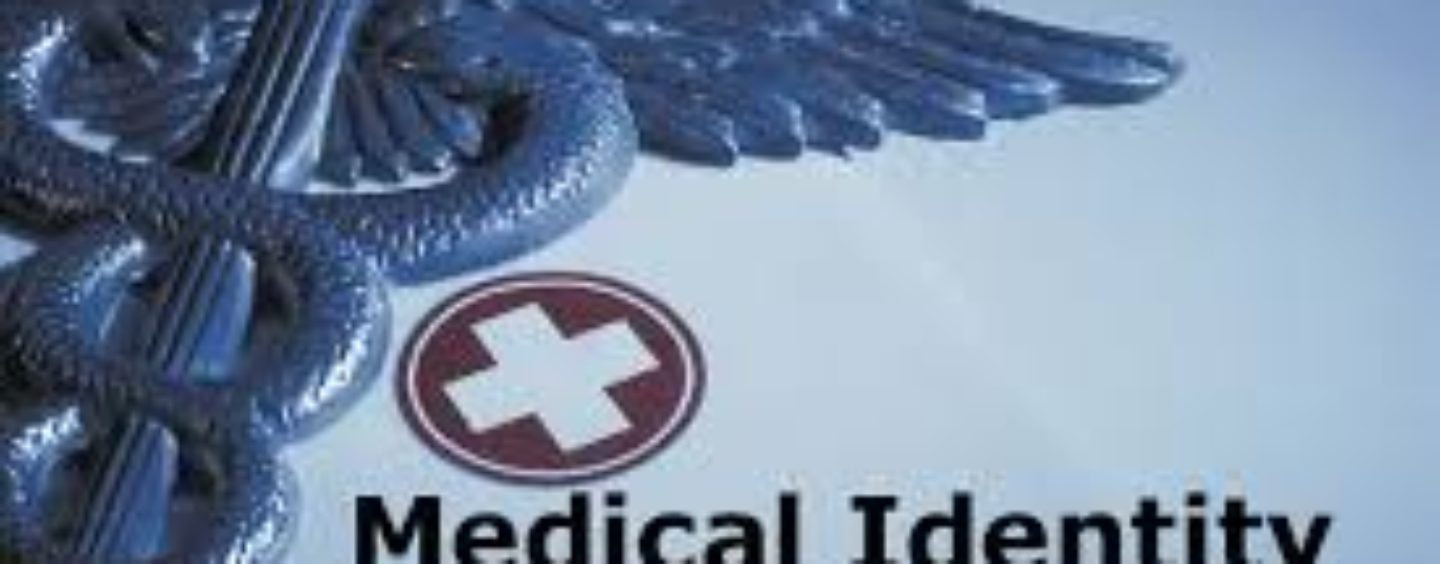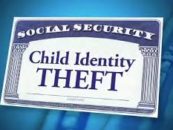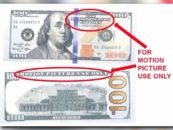The Better Business Bureau is warning residents about medical identity theft.
The BBB said medical identity theft happens when someone steals your personal information in order to obtain medical care, buy drugs or submit fake billings to Medicare in your name, according to the U.S. Department of Health & Human Services.
RELATED: Guard Against Medical Identity Theft
Unlike financial identity theft-which occurs when someone illegally uses your personal financial information to empty your bank account or rack up charges on credit cards taken out in your name-medical identity theft can have other serious consequences and is more difficult to clear up.
Any type of treatment, diagnosis or surgery that occurs with a stolen identity could become a part of your medical record.
This could affect your access to medical care, insurance benefits and the acquired debts could end up on your credit report.
Better Business Bureau and the Federal Trade Commission offer the following advice to help prevent your medical information from falling into the wrong hands:
- Watch out for red flags. Signs of medical identity theft may include receiving a bill for medical services you never received, medical collection notices on your credit report you don’t recognize or a call from a debt collector about a medical debt you don’t owe. If you see a mistake, contact your health insurance provider and report it.
- Keep copies of your medical records. Keep copies of your medical history, receipts and/or bills from treatments or doctor visits, your prescription history including the doctor who prescribed and the pharmacy that filled a prescription. Federal law allows you to have copies of your medical or billing records.
- Read the statements from your health insurance plan. Make sure to read your medical and insurance statements regularly and completely. Read the Explanation of Benefits (EOB) statement that your health plan sends after treatment. Also, check the name of the provider, the date of service and the service provided. Check that the claims paid match the care you received.
- Protect your personal information. Read your credit card and bank statements carefully and often. Shred all personal and financial documents, including outdated medical documents and old prescription labels. Also, don’t share medical or insurance information by phone or email unless you initiated the contact and know who you’re dealing with.
- Check your credit report. BBB recommends checking your credit report with one of the three credit bureaus at least once a year. This will help you detect any fraud, and it’s easy and free.
Are you a victim of fraud or money scam? Share your story with us on the Money Credit and You Facebook page!






